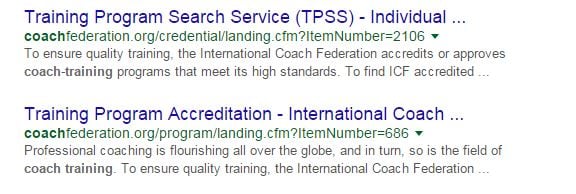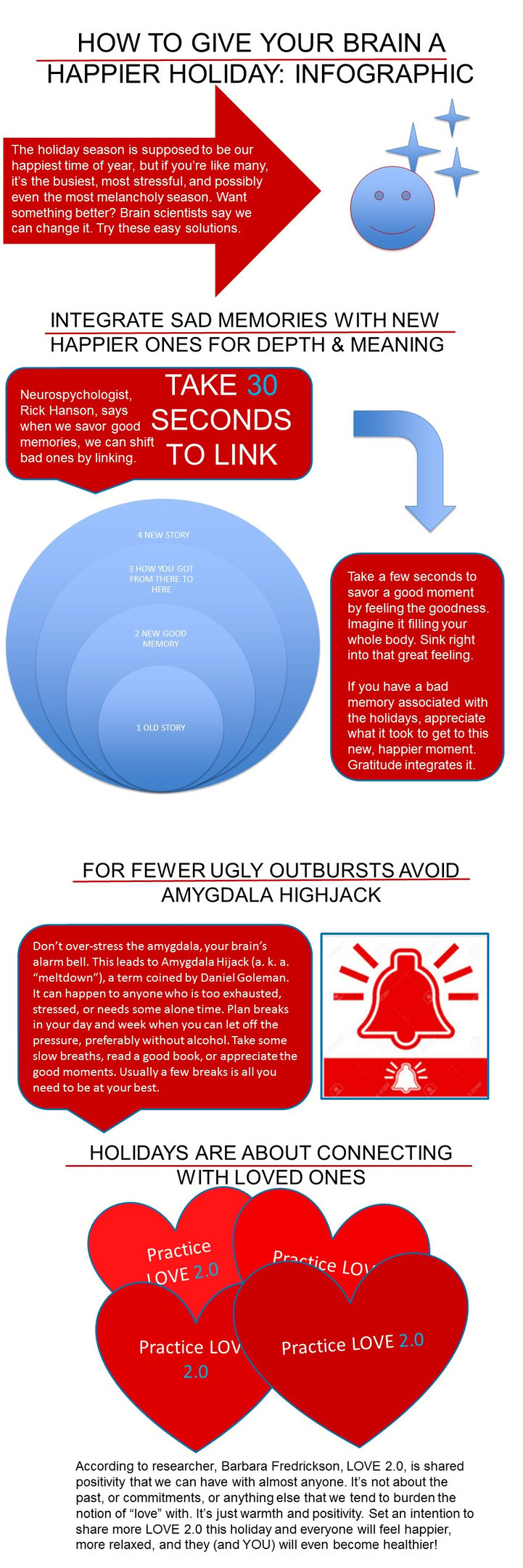
After fifteen years in the business of coaching and coach-training, I've seen my share of fake online schools. So when I stumbled across a "new" online school with a few tell-tale signs, I intuitively knew it was bogus. Just to be sure though (like any good coach), I checked to be certain. Yup, I was right the first time.
Unfortunately, there is seemingly no limit to the number of people who will spot something popular on the web and will try to scam the unsuspecting into sending money. Don't be fooled!
If you're wondering if a coach-training website, or any educational website, is legit, here's what to look for...
7 Clues a Coach-Training Website is Fake:
1. The site doesn't clearly indicate who owns it or runs it. This new site that I found just states, in the "About Us" section, that it's a membership site for people interested in positive psychology. Pretty sketchy.
2. It claims to be a university or graduate school, but the web address doesn't end with .edu or .org. Read number 4 for more about this. In the United States, there are specific laws about who can claim to be a university. Generally, a university offers many topics and awards degrees based an specific requirements. This one claimed to be a US organization, but didn't seem to fit the definition.
3. It claims to be a college or university in the United States, but it gives out diplomas. In the US, you get a diploma when you graduate from high school. If you go on to post-secondary school, such as a college or university, you earn a degree, certification, or certificate of completion, not a diploma.
4. It claims to be accredited by an official-sounding not-for-profit organization that is approved by the United States Department of Education, but the web address doesn't end with .edu (only educational institutions with this type of accreditation can use .edu addresses). This one made such a claim, but the address ended with .us. Curious whether there was any validity to the claim, I went to the Department of Ed. website and searched their list of approved agencies. Nope, not there.
A hallmark of fake schools is the claim of being accredited by official-sounding organizations that don't exist.
By the way, Department of Ed. approval is the gold-standard in university accreditation. However, legitimate coaching schools that claim accreditation are generally accredited by the International Coach Federation (ICF), which is not approved by the Department of Ed. ICF is a good organization. In fact, it is the oldest and largest such organization in the world. This type of approval or accreditation is the gold standard in coaching. You can trust coaching schools that are approved or accredited by the ICF. Just check the ICF's site to be sure.
5. Information about the courses and topics taught is scarce. This new site shares basic information that anyone can find with a quick web search on positive psychology and copy & paste it onto a fake site.
6. There are no trust marks or confirmation links on the site. Trust marks come from third-party organizations, such as the Department of Ed, or the International Coach Federation, or the Better Business Bureau. They usually include links to the accrediting site that confirm the school's claims and may even rate the school on trust and best practices.
7. Here's the scariest red flag: to join this new "organization" that I discovered, you're instructed to copy & paste their payment form into an EMAIL with your name, address, credit-card number, security code, and expiration date! No legitimate organization will EVER ask you to put sensitive payment information into an email. Email is just not secure. My conclusion is that this site is designed to steal identities from people who are interested in positive psychology and that if you are foolish enough to "join", you will soon discover that your credit card has been maxed out. And because of the tell-tale "diplomas" mentioned on the site (#3 above), it is likely outside the United States, even though it claims to be "American". It's difficult, if not impossible, to catch international scammers, such as these.
So How Can You Find Trustworthy Coaching Schools?
There are many good coach training schools, but Google isn't the best way to find them. Use the ICF's Training Program Search Service (TPSS). They have a huge number of approved and accredited coaching schools to choose from that they have already vetted for you.
Looking for an ICF Approved Coach Training Program?
The Certified Positive Psychology Coach® program approved for 125 ICF hours. Check us out at the ICF TPSS under the following name:
Julia Stewart Coaching & Training LLC, DBA: School of Coaching Mastery |

Or go here:




















